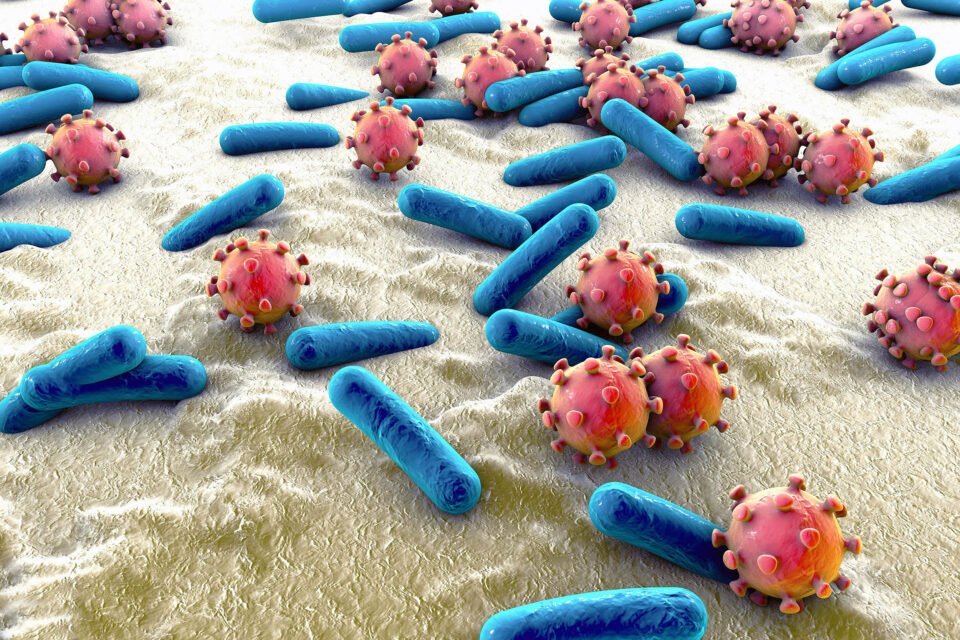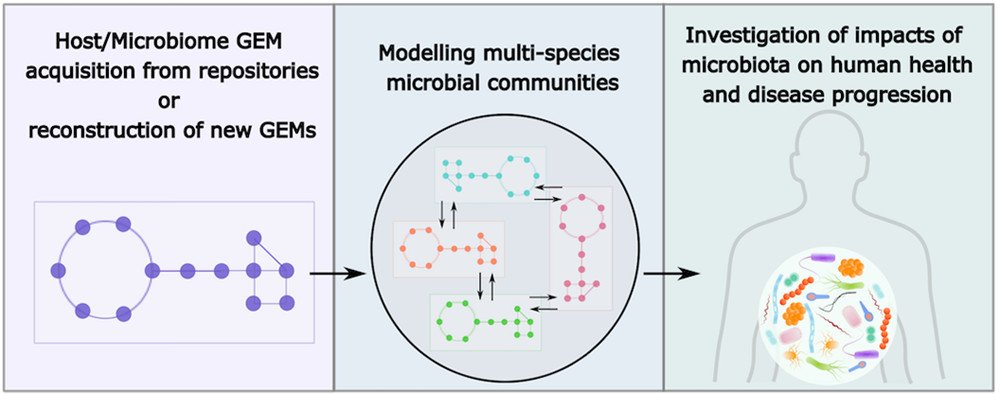Scientists are exploring how viruses found in ocean water and Arctic ice could potentially aid in capturing carbon emissions and are researching methods to amplify their effectiveness.

As an Ohio State University (OSU) press release about the new research explains, scientists have begun trying to identify viruses that could help mitigate the worst effects of climate change, some by trapping carbon in seawater and others by stopping methane from leaking out of melting permafrost.

In 2016, research showed that viruses help the ocean sink carbon. Now, Matthew Sullivan and his team at OSU are using AI and genome sequencing to find viruses that can consume carbon in the ocean.
The research team is exploring various environments and mechanisms to reduce carbon and methane emissions. They are searching for viruses that can either increase or decrease the release of these pollutants till date the team has identified 128 viruses that include the genes they were looking for.
Researchers are using a new AI system to explore the possibility of human intervention in the ocean’s ecosystem to combat climate change, but modifying the genetic composition of marine life could have unforeseen consequences. The community metabolic modeling system developed by Eveillard is focused on examining the possible unintended negative outcomes that may arise from bio-hacking the oceans.

In addition to studying the potential risks, the team is investigating whether gene hacking could be used to enhance the human microbiome, which could have various applications, including treating burn injuries and helping babies born to HIV-positive mothers.
Oceans absorb carbon dioxide which helps protect against climate change. Microbes play a key role in converting this CO2 into organic carbon, so researching ways to manipulate them seems a logical approach.
Reference- Ohio State University press release, Futurism, ScienceDirect, American Chemical Society Publication






